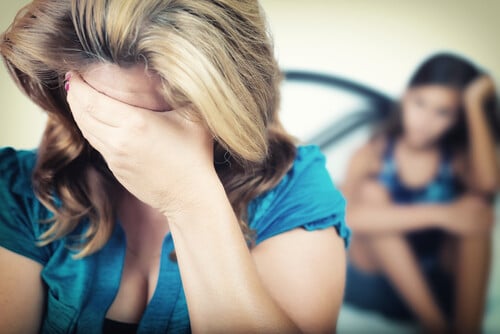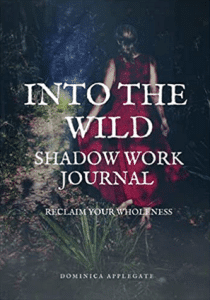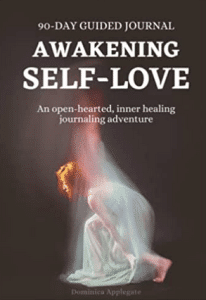It’s fairly normal to worry about our teens when it comes to alcohol and drugs. As most of us parents know, many teens end up experimenting with such substances sooner or later. We may hear about the two million teens who are struggling with substance abuse addiction and wonder if our teen will somehow become part of that number. We may see them hanging out with a friend who we think is shady, so we worry that he/she will be a bad influence.
In other words, we tend to worry more than we’d like. But how can we stop worrying about our teens? Is it possible? Well, it may not be possible to be at peace 100 percent of the time, but there are things we can do in order to keep the anxiety manageable. Read through the following tips on how you can minimize worry when it comes to your teens, alcohol, and drugs.
- Educate your child about alcohol and drugs
You can take opportunities throughout your child’s life to educate him or her about alcohol and drugs. Begin open and honest conversations during grade school about the negative effects of drinking and drugging. Let your child ask you questions. There is a list on https://detoxofsouthflorida.com with age appropriate ways to address drug use. It’s never too early to start. Something you can do at every age is to point out examples of irresponsible drinking or negative consequences of drug use.
For example, if cousin Tim got arrested for a dui charge in Albany, tell your child the truth. Don’t sweep it under the carpet, as children need to know how irresponsible drinking habits can affect people in negative ways. You can take opportunities while watching the news, seeing people out partying, and so on. You can also read your child books about the topic, and as they get older you can look at resources online when it comes to alcohol and drug abuse. The point is to regularly have a discussion about the topic so that you will know that your child understands how dangerous abusing substances can be.
- Monitor your teen’s friends
By monitor, I mean keep tabs on who your teen is hanging out with. We do want to trust that our teens will choose friends that are not abusing substances, but this is not always the case. Teens experiment with alcohol and drugs, so your son’s friend Tommy may have been a great influence for years, but if he has experimented and gotten hooked on prescription pills, he could turn into a bad influence. Do you know who your teen is hanging out with? Do you have conversations with them? Try to get a feeling for them? You’ll worry less if you feel you have some input as to who your teen hangs out with.
- Lay down the law
You may worry less if you lay down the law with your teens. What I mean by this is that they must know that there will be some hefty consequences if you find out they are drinking or drugging. Take some time to discuss this with your spouse (if you’re married). What will the punishment be should you find out your teen got drunk or is smoking marijuana? Is he allowed to go to parties where there is alcohol? Sit down with your teen and talk about what will happen if he breaks your rules. It’s a great idea to write down the consequences and give them to him so he will know and you’ll know (and remember) what you’ve discussed. Will he be grounded? How long? Will you take away privileges? If so, which ones? All technology? School activities? Allowance? Be firm with the consequences and stick to them 100 percent. Many parents will let their teens off the hook before the punishment time has passed. Resist the urge to do this.
- Talk to your teen
Have honest conversations regularly. If you’re concerned or you see some concerning behavior from your teen, sit down and talk. Tell him your concerns in a loving way. Let him share with you openly without you judging him right off the bat.
- Stay focused on you
Worrying can take up a lot of mental space and you can become exhausted. You can tend to forget about you because you spend so much time worrying. The truth is that worrying won’t do anything positive for you or your family. Worrying is being consumed with the future, and that time you’re up in head worrying is time you are not able to be “present” for others. If you simply cannot stop worrying, you may need to talk to a counselor or attend a support group. That fear can really be disruptive to peace of mind, so if you’ve tried to stop worrying and can’t, reach out for help. You can also try things like meditation, prayer, exercise, and just simple self-care actions to take care of you.
Although there’s no foolproof way to never worry about your teens, you can do things to minimize it. Take these tips into consideration and if you feel you need further assistance, please reach out for help.
Do you have any other tips for reducing worry around your teen and substance abuse?
Biography
















Add Comment